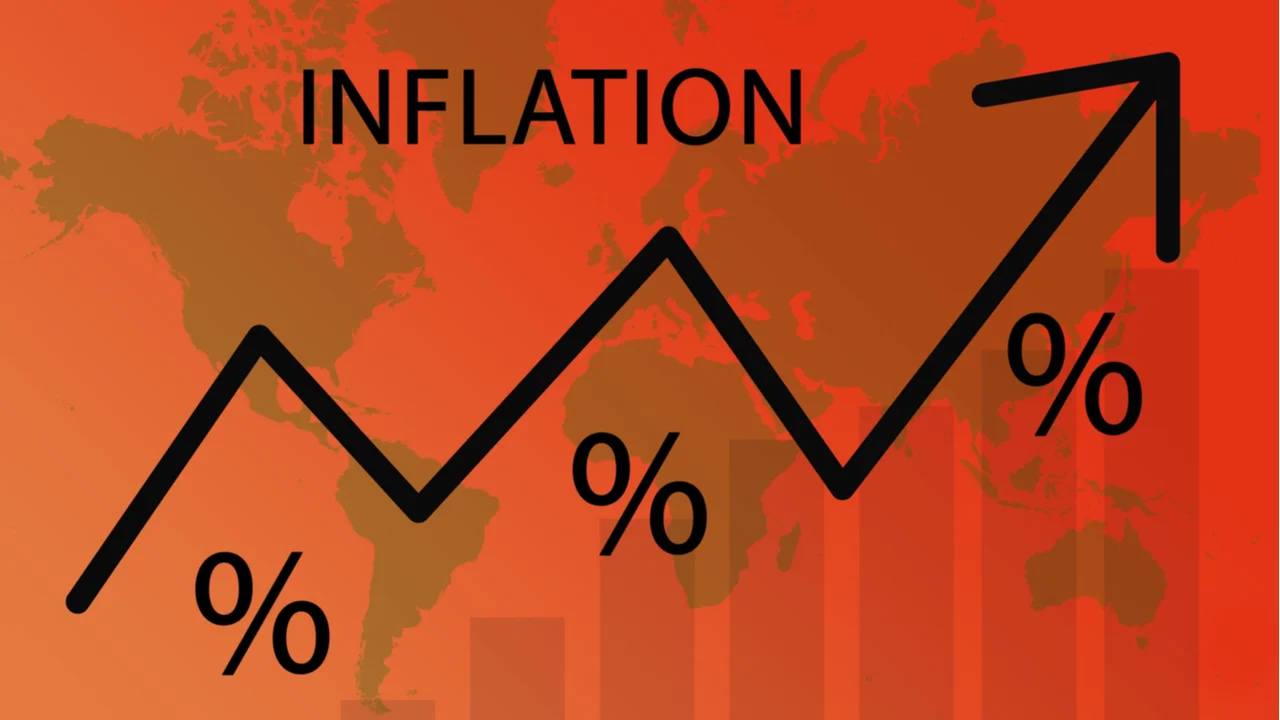
Nigeria’s inflation drops for fifth consecutive time, to 20.12% – NBS
Nigeria’s inflation rate eased for the fifth consecutive month, dropping to 20.12% in August 2025 from 21.88% in July.
This is according to data released by the National Bureau of Statistics (NBS) on Monday.
The figure represents a 1.76% point decline on a month-on-month basis and a sharp fall from the 32.15% recorded in August 2024.
The Consumer Price Index, which tracks the average change in prices of goods and services, inched up to 126.8 points in August from 125.9 points in July.
Month-on-month inflation stood at 0.74%, lower than 1.99% in July, pointing to slower price increases across the country.
The report read, “The Consumer Price Index rose to 126.8 in August 2025, reflecting a 0.9-point increase from the preceding month (125.9).
“In August 2025, the Headline inflation rate eased to 20.12% relative to the July 2025 headline inflation rate of 21.88%.
“Looking at the movement, the August 2025 Headline inflation rate showed a decrease of 1.76% compared to the July 2025 Headline inflation rate.”
The statistics office noted that inflationary pressures remain uneven. Urban inflation eased to 19.75% year-on-year in August from 34.58% a year earlier, while rural inflation was slightly higher at 20.28 per cent compared with 29.95% in August 2024.
Every month, inflation in urban areas slowed to 0.49% from 1.86% in July, while rural inflation came in at 1.38%, down from 2.30%.
The figures underline the sharper impact of inflation in rural communities, where transportation, distribution, and supply chain challenges continue to drive higher price growth than in urban centres.
Food inflation, which remains the strongest driver of Nigeria’s inflation basket, also moderated in August but stayed elevated.
The index declined to 21.87% year-on-year from 37.52% in August 2024. On a month-on-month basis, food inflation slowed to 1.65%, compared with 3.12% in July.
The moderation was linked to falling prices of staples including rice, guinea corn flour, maize flour, millet, semolina, and soya milk.
The twelve-month average for food inflation stood at 25.75%, lower than the 36.99% recorded a year earlier.
Despite the improvement, food prices remain high, especially in the northern states where insecurity and logistics bottlenecks have continued to disrupt supply chains.
Core inflation, which excludes volatile agricultural products and energy, was recorded at 20.33% year-on-year in August, down from 27.58% in August 2024.
However, the index rose every month to 1.43% from 0.97% in July, reflecting pressures from categories such as housing, water, electricity, gas, transportation, education, and healthcare.
The movement suggests that while headline inflation is easing, non-food inflationary pressures remain persistent, raising concerns for policymakers and monetary authorities who monitor core inflation closely as an indicator of structural pressures.
Across the states, inflation trends remained mixed. Ekiti posted the highest year-on-year headline inflation at 28.17%, followed by Kano at 27.27% and Oyo at 26.58%, while Zamfara at 11.82%, Anambra at 14.16%, and Enugu at 14.20% recorded the lowest.
Food inflation was highest in Borno at 36.67%, Kano at 30.44%, and Akwa Ibom at 29.85%, while Zamfara at 3.30%, Yobe at 3.60%, and Sokoto at 6.34% recorded the lowest.
Every month, inflation rose fastest in Yobe at 9.20%, Katsina at 8.59%, and Sokoto at 6.57%, while Enugu at –5.32%, Taraba at –3.64%, and Nasarawa at –3.56% saw declines.
The announcement of the inflation slowdown comes just days before the Central Bank of Nigeria’s Monetary Policy Committee meeting scheduled for September 22 and 23, 2025.
The committee is expected to deliberate on whether to maintain or adjust the current 27.5% benchmark interest rate.
While five straight months of disinflation could give the bank some policy flexibility, the persistence of food and core inflation suggests that the MPC may remain cautious in its decisions.